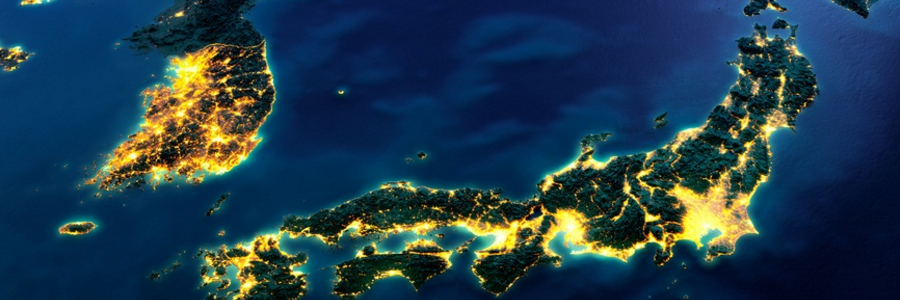As of 28 October, 607,000 Rohingya refugees are hosted in Bangladesh since the outbreak of violence in Rakhine State (Myanmar) on 25 August. The Government registered 325,660 people using biometric registration. The speed and scale of the refugee influx has resulted in a critical humanitarian emergency.
The refugees have used most of their savings on transportation and shelter and are now reliant on humanitarian assistance for food and other life-saving needs. In some displacement sites that have spontaneously emerged, there is no access to water and sanitation facilities, raising the risks of disease outbreak. Oral cholera vaccinations have been administered to the refugees and host communities. The Bangladesh military continue to construct roads to facilitate access to newly established camps.
607,000 Rohingya refugees hosted in Bangladesh
PHILIPPINES
On 23 October, the Secretary of Defense formally announced the cessation of military operations in Marawi City, ending five months of heavy fighting between government troops and armed groups linked to ISIS. As of 22 October, an estimated 354,000 people were displaced, with an additional 3,650 people being validated by the Department of Social Welfare and Development. Displaced people have started to return to areas of Marawi unaffected by the conflict. Government, NGO and international responders have re-assessed priority humanitarian and transitional needs of those still displaced.
The Mindanao Humanitarian Team developed a sector implementation plan that identifies needs, recommended responses and gaps from October to December.
MYANMAR
A humanitarian crisis continues to unfold on both sides of the Myanmar-Bangladesh border following the 25 August attacks on police and military posts and subsequent security operations in northern Rakhine State. Thousands of Muslims remain internally displaced or on the move towards the border, although exact numbers cannot be confirmed due to access restrictions. Thousands of ethnic-Rakhine people and members of other minority ethnicities are still internally displaced according to authorities. International humanitarian access to northern Rakhine is severely limited, although WFP has just been given the green light to resume food distributions. Humanitarian access constraints in pre-existing camps and villages in Central Rakhine are also impeding the delivery of life-saving services. Restrictions on movement, employment, and trade are being imposed on Muslim people across a number of Central Rakhine townships, hampering their livelihoods and access to basic services.
INDONESIA
On 29 October, the Centre of Volcanology and Geological Hazard Mitigation (PVMBG) lowered the alert level of Mt. Agung, an active volcano on Bali island, from Level IV (Dangerous) to Level III (Alert). Evacuees who lived outside the no activity zone are beginning to return home but advised by authorities to remain cautious. The emergency response period for handling evacuees remain in effect until 9 November. Over 140,000 people evacuated following the increase in the alert level issued on 29 September.
Original source and full report: OCHA.
Posted on 30 October 2017

